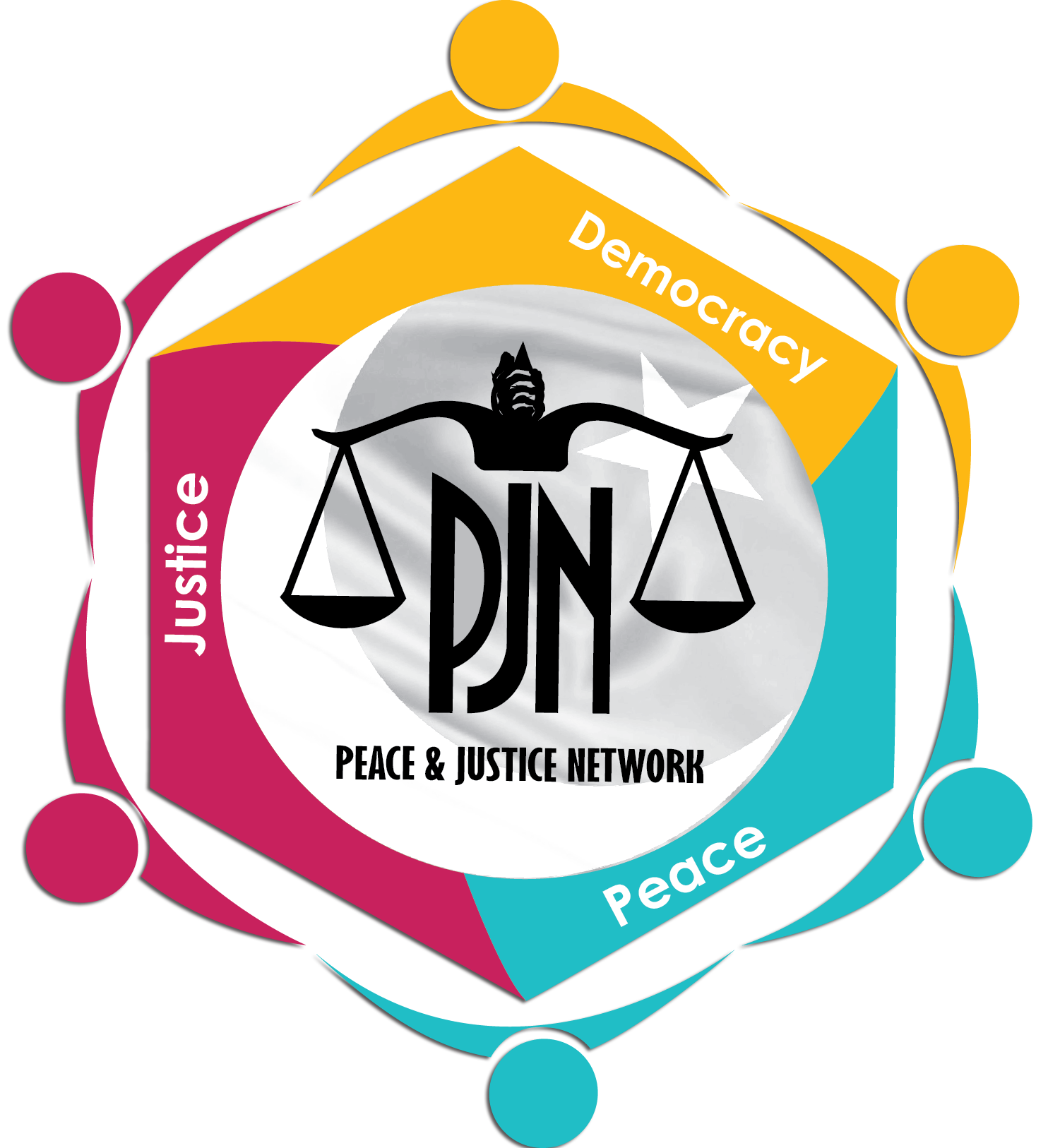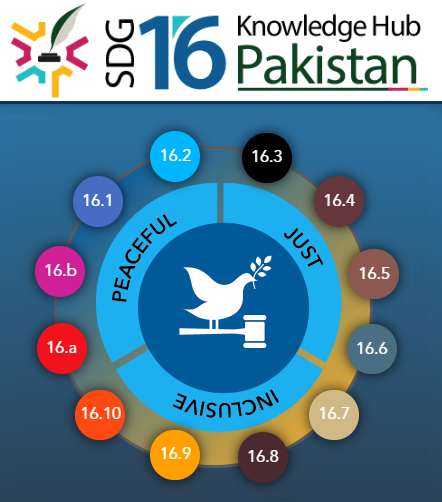

International Day for Judicial Well-being: A Global Call for Action (4 Mar, 2025)
Pakistan Ranks 129 out of 142 in the World Justice Project Rule of Law Index (26 Oct, 2024)
2024 Trafficking in Persons Report: Pakistan (24 June, 2024)
Pakistan ranks second-last in WEF Global Gender Gap Report 2024 (7 Mar, 2025)
International Day for Judicial Well-being: A Global Call for Action

Tue, May 06, 2025
On 4 March 2025, the General Assembly formally adopted the resolution with 71 member states co-sponsoring it to declare 25 July as the International Day for Judicial Well-being - a landmark achievement in the global promotion of judicial well-being.
The judiciary serves as a cornerstone of democracy, upholding justice, protecting rights, and maintaining the rule of law. Yet, while much attention is given to the independence and integrity of the judiciary, less is said about the well-being of judges and judicial officers themselves.
In recent years, growing evidence has highlighted that judges across the world face high levels of stress, burnout, and psychological strain due to the intense nature of their responsibilities. Long working hours, emotional burden from handling traumatic cases (such as gender-based violence, terrorism, or family disputes), public and political pressure, isolation in decision-making, and limited access to mental health resources all contribute to declining judicial well-being.
Internationally, countries such as Canada, the UK, Australia, and parts of the EU have started recognizing judicial well-being as a professional priority, integrating support systems such as judicial peer counseling, confidential psychological support, and workload reforms. However, many regions, particularly in the Global South, are still lagging in both acknowledgment and institutional response.
In fragile and conflict-affected settings—including parts of South Asia, Sub-Saharan Africa, and Latin America—judges are often exposed to direct threats, security risks, and political interference. This adds a layer of physical and psychological vulnerability that can directly impact judicial performance and the broader justice system.
Judges in Pakistan face a complex range of pressures that deeply impact their well-being and the quality of justice they deliver. From threats to personal safety—particularly in terrorism, blasphemy, and politically sensitive cases—to overwhelming workloads due to case backlogs and understaffed courts, the judicial environment is often high-stress and isolating. Many judges operate under the constant shadow of political interference and institutional pressure, which undermines their independence and exposes them to criticism from all sides. Additionally, the emotional toll of presiding over traumatic cases such as gender-based violence or child abuse is compounded by the lack of psychosocial support systems or mental health services. Public scrutiny, media sensationalism, and social media harassment further erode the dignity and safety of judicial officers. Despite these challenges, there is limited institutional acknowledgment of judges’ mental health needs, and no formal programs exist to support their psychological resilience. Addressing these issues is essential not only for the well-being of judges themselves but also for preserving the integrity and effectiveness of Pakistan’s justice system.
Recognizing this, a growing movement within the global justice community—led by judicial associations, bar councils, mental health advocates, and human rights organizations—is pushing for a dedicated global focus on judicial well-being. Observing an International Day for Judicial Well-being symbolizes not only recognition of the problem but also a collective commitment to reform.
Copyright © 2026 pjn.org.pk








